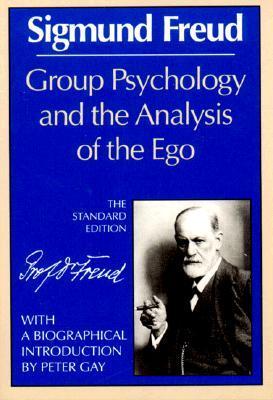What do you think?
Rate this book


144 pages, Mass Market Paperback
First published December 12, 2011

As regards intellectual work it remains a fact, indeed, that great decisions in the realm of thought and momentous discoveries and solutions of problems are only possible to an individual, working in solitude.
A religion, even if it calls itself a religion of love, must be hard and unloving to those who do not belong to it.
The masses have never thirsted after truth. They turn aside from evidence that is not to their taste, preferring to deify error, if error seduce them. Whoever can supply them with illusions is easily their master; whoever attempts to destroy their illusions is always their victim. An individual in a crowd is a grain of sand amid other grains of sand, which the wind stirs up at will. - Gustave Le Bon